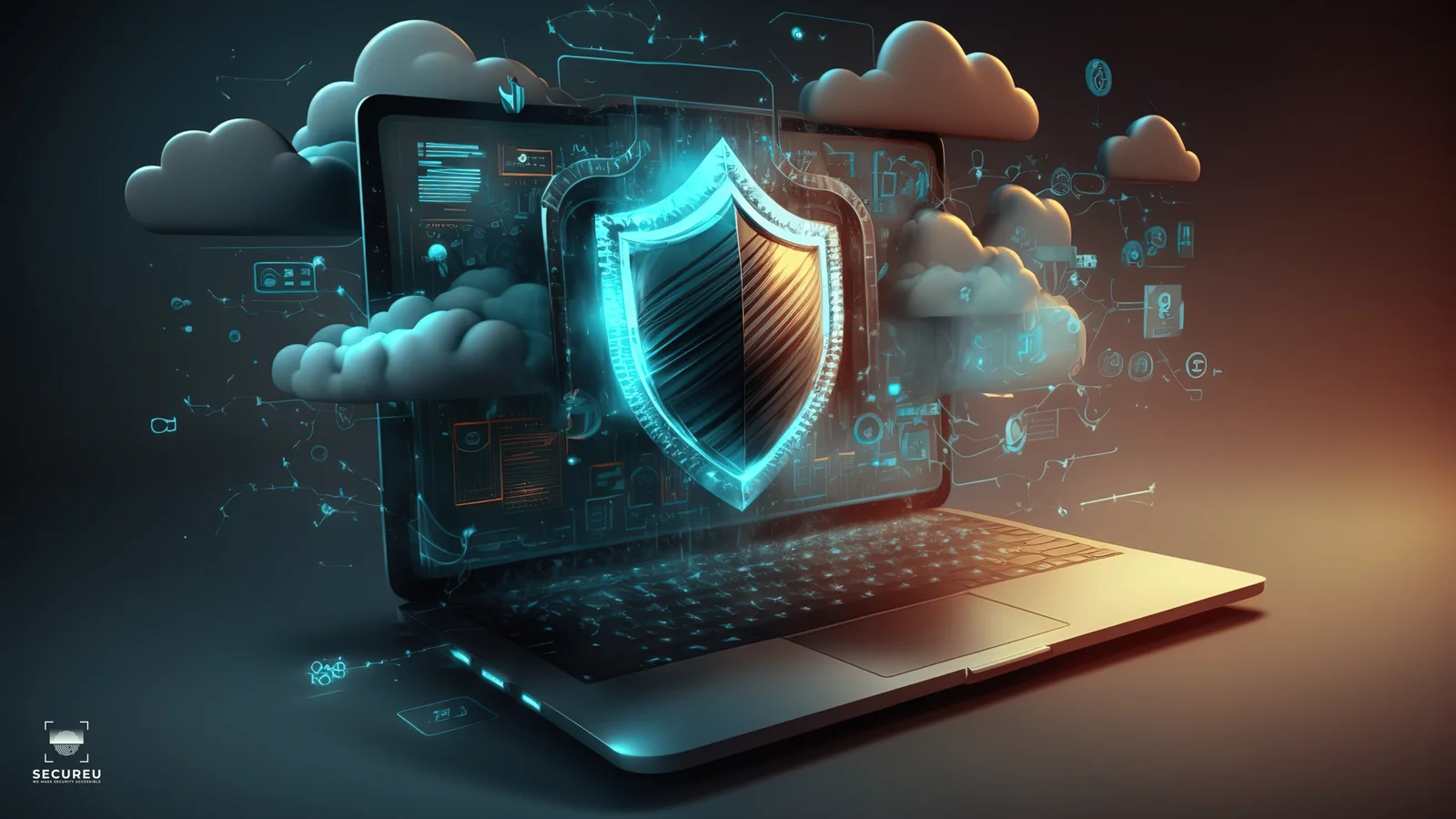
1: Understanding the Cyber Risks in EPC Projects
Engineering, Procurement, and Construction (EPC) projects are highly complex endeavors that involve numerous stakeholders, sensitive data, and critical infrastructure. This topic explores the various cyber risks inherent in EPC projects, including data breaches, supply chain vulnerabilities, and operational disruptions. EPC projects often involve the exchange of sensitive information between multiple parties, making them attractive targets for cyber attacks. Understanding the nature and scope of these cyber risks is essential for developing effective cyber resilience strategies to safeguard critical infrastructure and ensure project success.
2: Building a Cyber-Aware Culture in EPC Organizations
Cyber resilience in EPC projects begins with fostering a culture of cybersecurity awareness and accountability within organizations. This topic examines strategies for building a cyber-aware culture among employees, contractors, and subcontractors involved in EPC projects. From cybersecurity training and awareness programs to promoting best practices and policies, EPC organizations must prioritize cybersecurity education and empower stakeholders to recognize and mitigate cyber risks effectively. By instilling a culture of cyber awareness, organizations can enhance their resilience to cyber threats and protect critical infrastructure throughout the project lifecycle.
3: Securing Supply Chains in EPC Projects
Supply chains play a vital role in EPC projects, with numerous vendors, suppliers, and subcontractors contributing to project success. However, supply chains also present significant cybersecurity challenges, as they introduce potential vulnerabilities and points of entry for cyber attackers. This topic explores strategies for securing supply chains in EPC projects, including vendor risk assessments, contractually binding cybersecurity requirements, and continuous monitoring of third-party activities. By implementing robust supply chain security measures, EPC organizations can mitigate the risk of supply chain attacks and safeguard critical infrastructure from cyber threats.
4: Cyber-Physical Security Integration in EPC Projects
Cyber resilience in EPC projects requires a holistic approach that integrates cybersecurity with physical security measures to protect critical infrastructure from both digital and physical threats. This topic examines the importance of cyber-physical security integration in EPC projects and explores strategies for mitigating cyber-physical risks. From implementing access controls and perimeter security to deploying intrusion detection systems and surveillance cameras, EPC organizations must adopt a comprehensive security framework that addresses both cyber and physical vulnerabilities. By integrating cyber and physical security measures, organizations can enhance their resilience to a wide range of threats and ensure the safety and integrity of critical infrastructure.
5: Incident Response and Business Continuity Planning
Despite best efforts to prevent cyber incidents, EPC organizations must prepare for the possibility of a cyber attack or breach. This topic explores the importance of incident response and business continuity planning in maintaining cyber resilience in EPC projects. EPC organizations should develop robust incident response plans that outline procedures for detecting, containing, and mitigating cyber threats. Additionally, organizations should establish business continuity plans to ensure the continuity of critical operations and minimize the impact of cyber incidents on project timelines and deliverables. By proactively preparing for cyber incidents, EPC organizations can reduce the severity of disruptions and maintain project resilience in the face of cyber threats.
6: Emerging Technologies and Future Trends in EPC Cyber Resilience
As technology continues to evolve, EPC organizations must adapt their cybersecurity strategies to address emerging threats and challenges. This topic explores the role of emerging technologies such as artificial intelligence (AI), blockchain, and Internet of Things (IoT) in enhancing cyber resilience in EPC projects. From AI-powered threat detection and predictive analytics to blockchain-based supply chain security and IoT-enabled asset monitoring, these technologies offer new opportunities for strengthening cybersecurity and protecting critical infrastructure. By embracing innovation and staying abreast of emerging trends, EPC organizations can enhance their cyber resilience capabilities and adapt to the evolving cyber threat landscape effectively.

